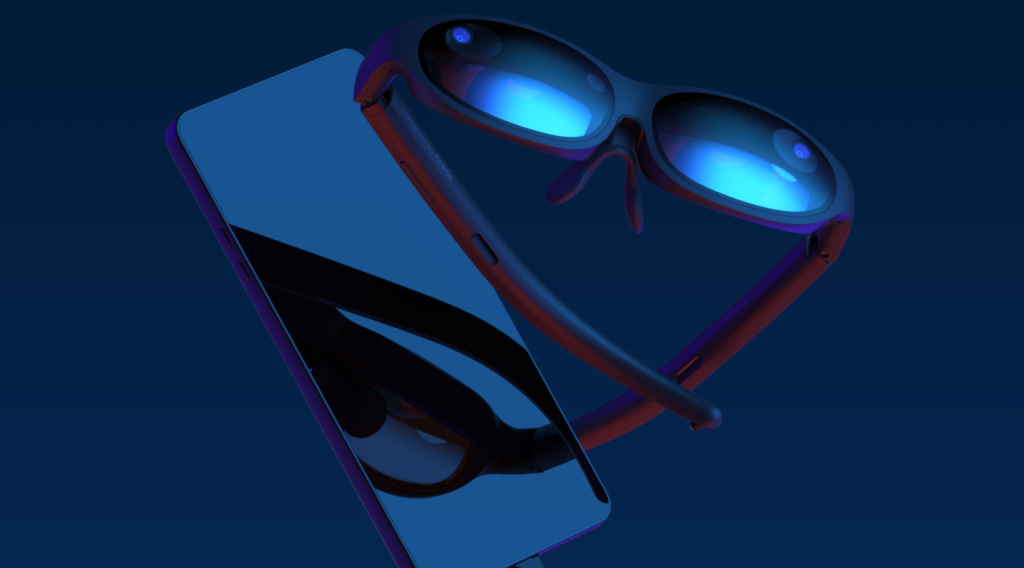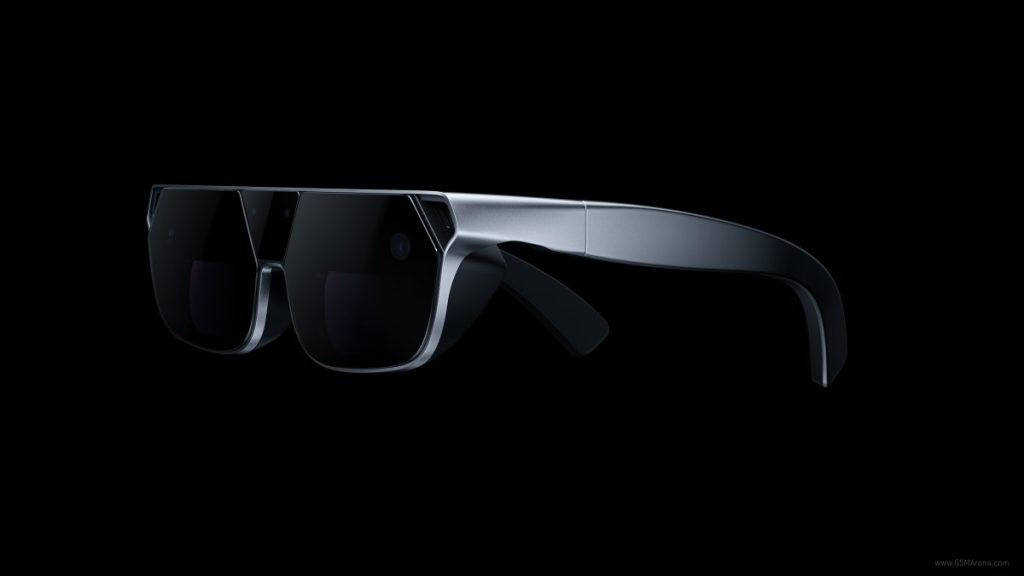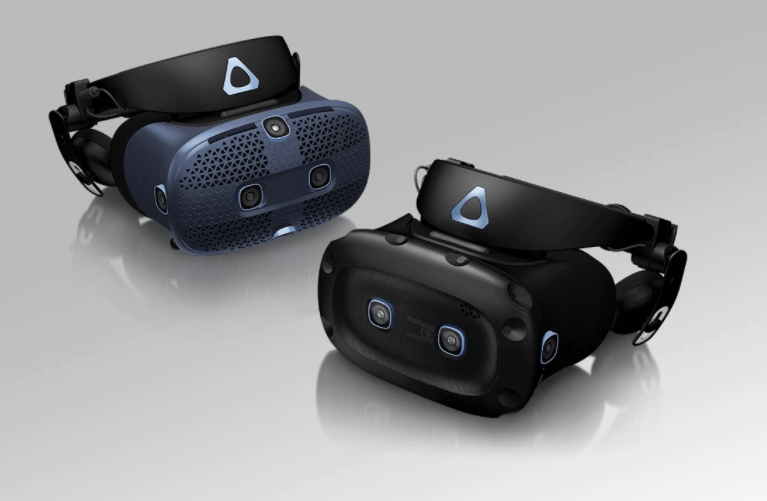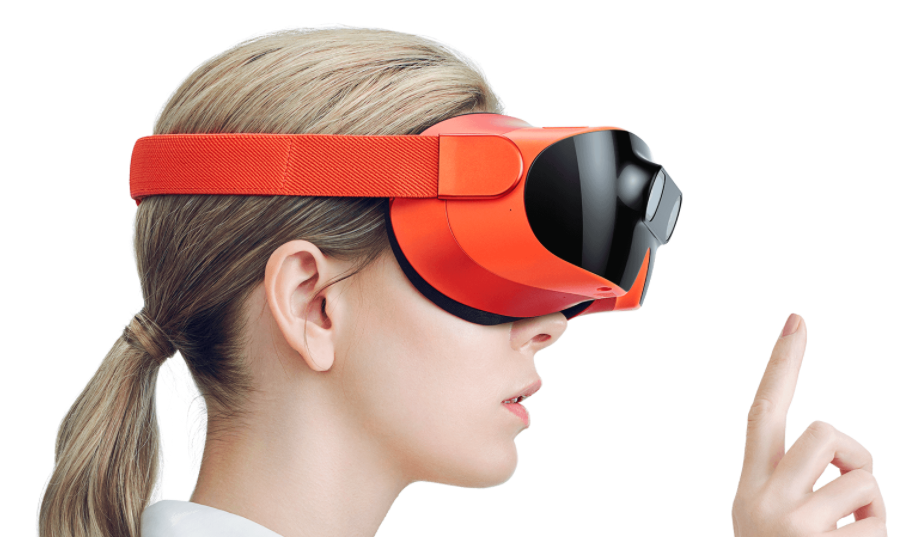Virtual reality is creating new opportunities for businesses in various industries and the future of VR is very exciting.
Virtual reality has been used successfully for business applications for a while now. However, we are still witnessing innovations each year that will reflect positively on various industries – and that’s bringing VR to brand new milestones.
2021 is no different since the need for digital solutions is bigger than ever. We are already witnessing the formation of VR trends that will define 2021 and the future of virtual reality as a whole.
So, without further ado, let’s look at the most impactful VR trends that will continue to grow in 2021.
1. VR in Training and Education (Accurate Learning Without Risk)
VR can aid professional development and learning by simulating real situations without the risks involved. One of the most prominent examples of this could be workplace safety.
Take a construction site as an example. Through VR technology, we can produce fantastic simulations that explain, explore, and define the hazards without actually exposing people to any risk.
Education is another very prominent proprietor of VR technology. Through VR technology modern education and especially digital education can gain a very significant boost in interactivity, concentration, comprehension by putting people in educational virtual environments.
2. VR-Aided Retail Shopping (Shop Retail at Home)
The world of e-commerce is skyrocketing in popularity, especially during the pandemic. VR is already partly in the e-commerce and retail shopping world, but integrations promise to take this to the next level.
We’re already seeing a fair amount of VR use in retail shopping, such as experiencing the dimensions, size, and features of products without actually having them on hand.
3. Entertaining Consumers With Virtual Reality (Experience Reality Remotely)
VR has been used for entertainment from the very start. However, this trend is booming, especially due to the COVID-19 pandemic. Since most people are stuck at home with nothing to do, a significant portion of them is looking at alternative ways to spend their time – and “remote reality” seems to be one of the most popular ways to do so.
. Online Collaboration (VR Becomes a Social Norm)
Oculus was acquired by Facebook, showing the possibility of integrated VR within the social platform. Since most of the people worldwide have moved from their office into their home, online cooperation has never been quite as important as it is now.
Through VR, we can significantly augment the quality of online interactions both in business and private dealings. VR has become a social norm, making it one of the leading innovations in digital cooperation.
5. Tourism and Travel (Experience Destinations Before Booking)
As most of us are stuck at home due to the coronavirus pandemic, people are yearning for a vacation or any travel in general. In light of this, the travel industry has quickly adopted new technologies during the pandemic. One of those is VR used for experiencing places before actually booking them.
Exploring places before you book them is one of the best ways to experience them and prepare for what’s to come.
6. Advertising With Virtual Reality (VR Goes Native)
VR is soon going to support native advertising along with branded placements. More than a couple of companies have included VR support in their brand innovations, which means that the use of VR technology is on the rise, as is its application in many industries worldwide.
VR makes advertisements more appealing, inviting, and interactive – instantly giving them a lot of value.
7. New Gaming VR Applications (VR Makes Games Better)
Most of the investments in VR come from the gaming industry. This trend will continue in the future – as gaming is one of the biggest use cases for virtual reality at the moment.
Experiencing games in VR brings a brand new dimension to videogames and changes them fundamentally. More possibilities, opportunities, and a virtually unmatched immersion standard become a possibility when you combine the exciting world of gaming and the promising world of VR.
8. VR Reshaping the Automotive Industry (Self-Driving Cars are the Future)
The automotive industry has undergone a seismic shift in the past few years, and most of that is due to the innovation of technology. Aside from decreasing or eliminating carbon emissions, technological developments such as virtual reality have found a foothold in self-driving cars and other innovations in the automotive industry.
Self-driving cars will be a standard thing in the future, and VR technology is actively participating in helping these vehicles reach new heights.
9. VR and AI Applications (AI With Vision)
Virtual reality is an exciting technological development, and the only thing that can make it better is AI. The combination of VR and AI applications is crucial for cybersecurity training, precision medicine, accessibility tools, remote collaboration, assistance, and many more things used by businesses daily.
10. Mixed Reality Headsets (AR and VR in One)
VR and AR technology have been working together to bring out the best in both, and one of the best examples of this merger is architecture. In architecture, these technologies are used for 3D visualization, creating interactive, life-like landscapes and designs before they create them. Furthermore, these two technologies go hand-in-hand with many applications.
In Conclusion
Virtual reality technology will change the world as we know it, and while we’ve been seeing some use cases in the past few years, 2021 has already cemented itself as the year of VR. With so many developments, use cases, and applications – VR technology is blooming, and it shows no signs of stopping.
Quelle:




